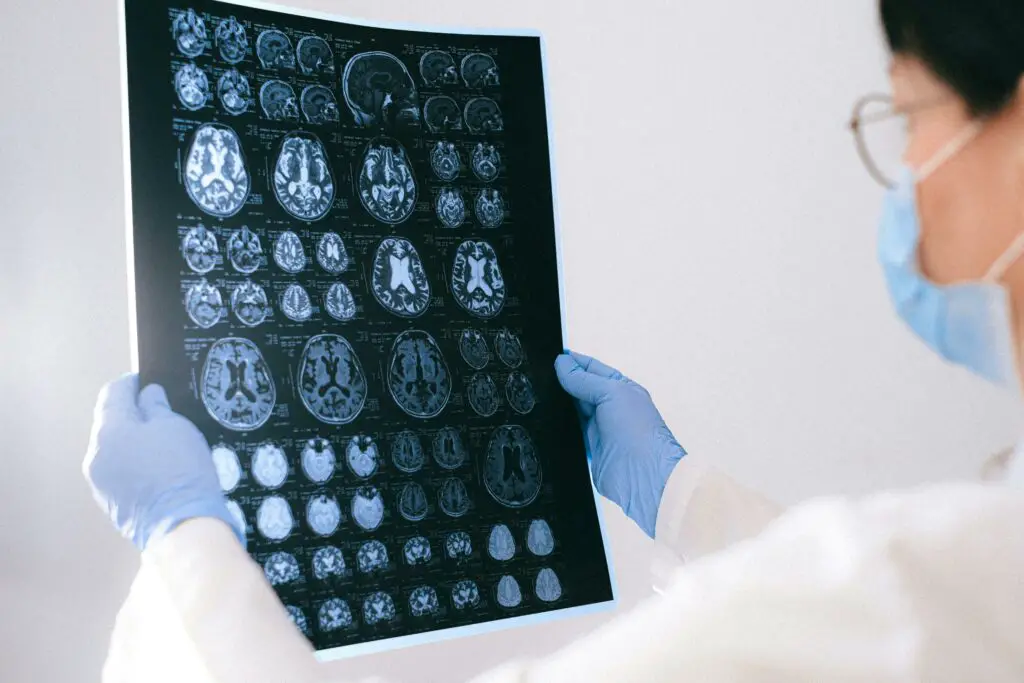Dementia can be caused by a number of factors. According to Dementia UK, those factors include genetics, age, brain changes, the person’s lifestyle, as well as other health conditions. The condition develops when brain cells are damaged and fail to communicate with each other, which leads to shrinking of different areas of the brain.
A recent research published in Regional Anesthesia & Pain Medicine explored the link between gabapentin and the risks of dementia.
Gabapentin represents a prescription drug approved by the FDA that is widely used to treat nerve pain and control seizures. It is also commonly prescribed off-label for conditions such as fibromyalgia, sciatica, insomnia, anxiety, hot flashes, and lower back pain. What makes this drug a preferable choice over other drugs that offer the same or similar effects is that it is considered a less addictive alternative.
The research mentioned has raised concerns about its long-term use, with the results showing that people who had six or more prescriptions for gabapentin to treat lower back pain faced a higher risk of developing mild cognitive impairment (MCI) and dementia.

It analyzed data from over 26,000 adults in the TriNetX health research network and involved people dealing with chronic pain, including conditions like lower back pain and lumbar radiculopathy. Researchers compared those taking gabapentin with a similar-sized group who weren’t. Participants were then sorted into five age ranges and followed for ten years to see whether they went on to develop mild cognitive impairment, Alzheimer’s, or vascular dementia.
“Currently, there is a discrepancy on whether taking gabapentin increases a patient’s risk for developing dementia,” said Nafis B. Eghrari, the study’s first author and a fourth-year medical student at Case Western Reserve University School of Medicine, in an interview with Medical News Today. “Moreover, there lacks a strong understanding of how gabapentin impacts cognitive function and whether it contributes to neurodegenerative processes. Previous studies have shown mixed findings on this topic. Thus, we decided to explore this gap in the field.”
“The significance of this finding is an association between gabapentin prescription and dementia on a nationwide level,” Eghrari explained. “Though this does not imply causation, this warrants further investigation on the drug’s long-term effects.”

What stood out most was the 35–49 age group, where dementia risk doubled and MCI risk tripled. Eghrari dubbed the finding unexpected, since neurodegeneration is usually something doctors see after age 65.
Of course, the study isn’t without its limits. It didn’t look at other health issues or medications participants may have had, and dementia risk depends on many factors. Tara Spires-Jones, director of the Centre for Discovery Brain Sciences at the University of Edinburgh, told Medscape, “One very important factor that was not examined in this study is levels of physical activity. People with chronic pain requiring gabapentin may have been less physically active, which is a known risk factor for developing dementia.”
Ian Maidment, a clinical pharmacy professor at Aston University in Birmingham, England, also pointed out that the analysis didn’t control for treatment duration or dosage. He added that other recent studies have failed to find a link, stating, “The jury is out on whether gabapentin causes dementia.”
Meanwhile, Dr. Neel Anand, a board-certified orthopedic spine surgeon not involved in the study, stressed that proving a direct cause would require comparing patients who use only gabapentin with those who don’t, while making sure the drug is taken as prescribed. Still, he noted that it’s important to be aware of possible cognitive risks tied to long-term use.

“In terms of clinical significance, I recommend that physicians prescribing gabapentin for chronic pain perform cognitive exams on a regular basis when seeing patients,” Eghrari advised. He also encouraged patients to report any cognitive changes, such as confusion, memory problems, or slowed thinking, to their doctors.
Eghrari concluded, “We hope to carry this research forward and explore whether there is a true causative relationship between gabapentin and cognitive impairment. We also plan to investigate the underlying mechanisms of how the drug may impact cognition.”
Disclaimer: This information is not intended to be a substitute for professional medical advice, diagnosis or treatment and is for information only.
Please SHARE this article with your family and friends on Facebook.
Love and Peace

